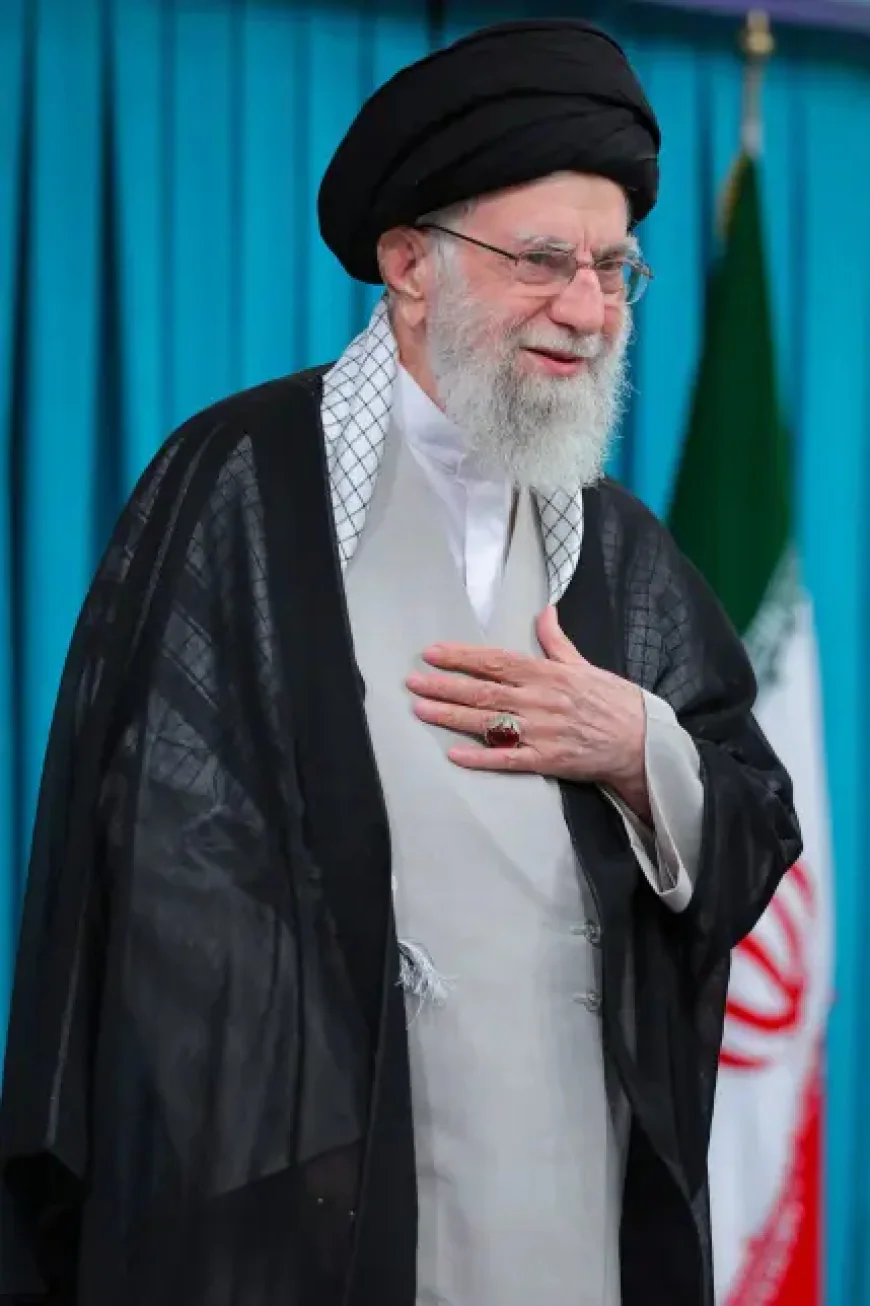Iran Acknowledges Severe Damage to Nuclear Facilities in U.S. Strikes, Vows to Resume Enrichment

Iran’s nuclear infrastructure sustained significant damage in recent U.S. airstrikes, but the Iranian government remains resolute in its commitment to resume uranium enrichment once its facilities are rebuilt, Foreign Minister Abbas Araghchi revealed in a televised interview aired Monday.
Speaking with Fox News anchor Bret Baier on Special Report, Araghchi confirmed that the June 22 strikes, authorized by President Donald Trump, targeted and heavily damaged three of Iran’s key uranium enrichment sites.
“Our facilities have been seriously damaged. The extent of the destruction is still under evaluation,” Araghchi stated. “At present, we are unable to refine nuclear fuel due to the severity of the damage.”
Despite the setback, Araghchi reiterated Iran’s unwavering stance on its nuclear program, describing it as both a scientific milestone and a matter of national sovereignty and pride.
“Yes, our operations are currently halted, but we will never abandon enrichment,” he said. “This program is the product of our scientists’ efforts and a symbol of national pride. It cannot and will not be surrendered.”
The foreign minister firmly ruled out any potential agreement that would bar Iran from uranium enrichment— a process permitted under international law for peaceful purposes but also critical in the development of nuclear weapons.
“If the objective is to ensure Iran never acquires nuclear weapons, that can be achieved,” Araghchi said. “But if the goal is to strip us of our rights, including the right to enrich uranium, that is unacceptable. Any future settlement must acknowledge our right to enrichment.”
The interview came shortly after former President Trump celebrated the airstrikes in a post on Truth Social, asserting the success of the mission and taking aim at media organizations.
“Iran’s Foreign Minister, Abbas Araghchi, said: ‘Damages are very severe, they are destroyed.’ Exactly as I said. And we will do it again if necessary,” Trump wrote. He went on to criticize CNN and MSNBC, claiming they had downplayed the impact of the strikes.
Satellite imagery released by Maxar Technologies appears to confirm extensive damage at Iran’s Fordow Fuel Enrichment Plant, a facility considered one of the most fortified in the country.
Araghchi emphasized that while physical infrastructure was damaged, Iran retains the human capital, expertise, and technical capability to restart its program once reconstruction is complete.
“Our knowledge and personnel remain intact,” he said. “Facilities can be rebuilt, machines can be replaced — but the scientific foundation remains with us. This proves that military action cannot eliminate our nuclear capacity.”
Regarding the status of Iran’s existing stockpile of enriched uranium, Araghchi said he had no detailed information on whether the materials were affected in the attack.
In the same interview, Araghchi dismissed the idea of Iran rolling back its ballistic missile development or ending its support for proxy groups such as Hezbollah, Hamas, and the Houthis.
“These groups are fighting for a just cause, and we have always supported them,” he said. “As for our missile program — it is our most reliable means of defense. Disarmament is not an option.”
While he left the door open for potential negotiations, Araghchi indicated that Iran is not currently interested in direct talks with the Trump administration unless a “mutually beneficial” outcome is on the table.
“We are open to dialogue, but not direct talks at this time,” he stated. “If there is a genuine effort for a win-win resolution, we are willing to engage.”
Meanwhile, Trump has maintained that any future agreement with Iran must include a complete ban on uranium enrichment and the dismantling of Iran’s missile programs conditions Tehran has repeatedly rejected.


